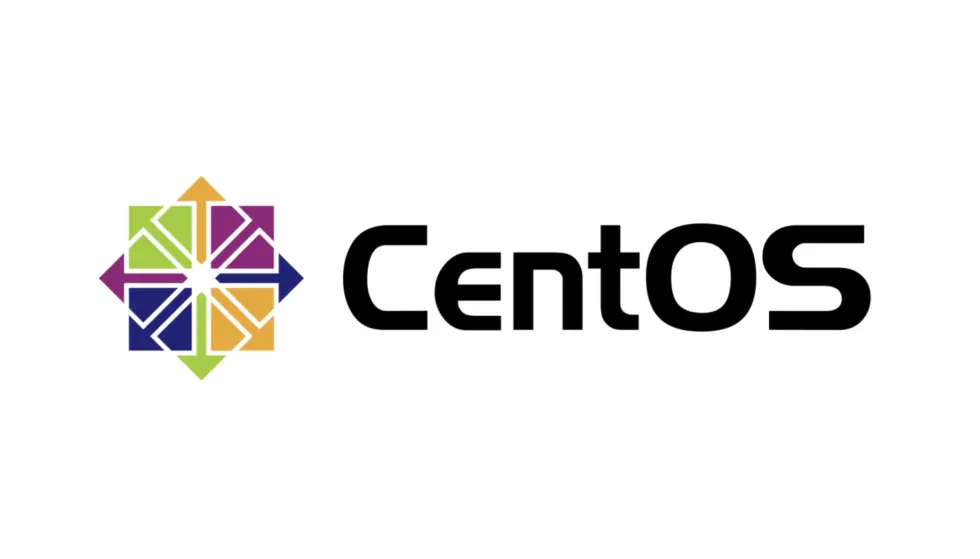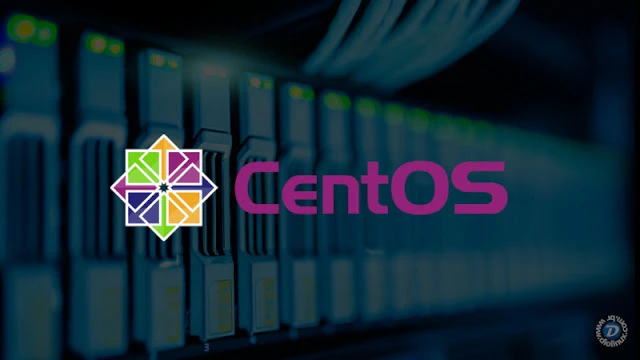15
+
YEARS OF
EXPERIENCE
1000
+
SUCCESSFUL
Projects
80
+
Satisfied
Clients

CentOS Linux remains a cornerstone in enterprise-grade server environments, offering stability, security, and robust performance. Whether managing legacy systems or deploying contemporary infrastructure, effective CentOS Linux management is essential for maintaining uptime and optimizing resource use. Organizations leveraging CentOS benefit from a rich ecosystem of tools and community support, making it a preferred choice for IT professionals seeking reliable, scalable solutions. This article explores key aspects of CentOS Linux management, providing valuable insights for IT decision-makers and system administrators.
Effective CentOS linux Management: Best Practices for Enterprise Environments
Managing centos Linux systems efficiently requires a deep understanding of its architecture, package management, security features, and automation capabilities. At the core, CentOS Linux management emphasizes system stability and consistent performance under varying workloads. Administrators must ensure timely updates via the YUM or DNF package managers to patch vulnerabilities and improve system functionality without disrupting services. Additionally, configuring and managing services with tools like systemd streamlines process control, contributing to simplified server maintenance.
Proactive monitoring through native Linux tools such as top, htop, and journalctl, combined with third-party solutions, enables IT teams to detect anomalies early and respond swiftly. Leveraging automation through scripting or configuration management tools like Ansible enhances operational efficiency by minimizing human error and speeding up repetitive tasks. Proxar IT Consulting specializes in guiding enterprises through these complexities, ensuring seamless CentOS management tailored to business needs and infrastructure demands.







Comprehensive CentOS Linux Management: Benefits, Challenges, and Strategic Insights
Navigating the landscape of CentOS Linux management presents numerous advantages alongside distinct challenges. On the benefits side, CentOS’s compatibility with Red Hat Enterprise Linux (RHEL) means enterprises gain access to a stable, well-supported platform without the licensing costs associated with commercial distributions. This fosters cost-effective scalability for businesses. Benefits also include a wide array of community-driven updates and extensive documentation that ensures IT teams can troubleshoot, optimize, and expand systems efficiently. However, challenges arise from CentOS’s lifecycle changes following the shift to CentOS Stream, which impacts long-term stability guarantees many organizations have relied upon. This evolution necessitates a strategic approach involving migration plans or adoption of alternative RHEL clones depending on organizational risk appetite. Organizations must balance innovation and reliability, adjusting their Linux management strategies accordingly. Proxar IT Consulting advises clients on these decisions, aligning CentOS management with evolving business objectives, IT compliance requirements, and security mandates, all while maintaining system robustness and operational continuity.

Advanced CentOS management requires more than just routine updates-it involves strategic planning around scalability and risk management, especially given recent developments in CentOS’s release model. Proxar IT’s expertise helps organizations tailor their Linux management approaches, ensuring they capitalize on CentOS’s strengths while mitigating potential disruptions. We provide actionable insights into patch management, system audits, and optimization techniques to maximize ROI and system integrity.
Practical Implementation of CentOS Linux management: Case Studies and Expert Solutions
Real-world applications of CentOS Linux management provide invaluable lessons for IT professionals. Consider a multinational corporation that utilized Proxar IT Consulting to migrate their legacy CentOS 7 infrastructure to a hybrid model incorporating CentOS Stream and RHEL alternatives. This transition involved careful planning around workload forecasting, backup strategies, and compliance checks, ultimately resulting in increased system availability and reduced maintenance windows. Another client in the financial sector employed Proxar’s monitoring solutions to enhance their CentOS server’s security posture, integrating automated alerts for unusual activity that reduced incident response times by 40%. Practical CentOS management also involves leveraging containerization technologies such as Docker and orchestration platforms like Kubernetes, both widely supported on CentOS distributions.
Proxar IT’s specialists implement these solutions to support agile environments, optimize resource allocation, and facilitate continuous integration/deployment (CI/CD) pipelines. Every client engagement demonstrates the importance of combining technical excellence with strategic foresight for prosperous CentOS Linux management.

answer time
satisfaction
score
on initial call
same business
day
Streamline Your enterprise IT Infrastructure Through Expert CentOS Linux Management
Optimizing CentOS Linux management is fundamental for companies seeking competitive advantage and operational resilience in today’s IT landscape. By embracing best practices in update management, automation, security, and scalability, enterprises can considerably reduce downtime and bolster system reliability. Proxar IT Consulting offers expert guidance and hands-on support tailored to the unique needs of your infrastructure, ensuring your CentOS environments operate at peak performance while adapting to business growth and technological evolution. Whether you are maintaining existing CentOS servers or planning migration strategies, connecting with our team will provide you with the expertise and tools necessary to succeed. To explore how Proxar IT can enhance your Linux management strategy, we encourage you to connect with us today.

